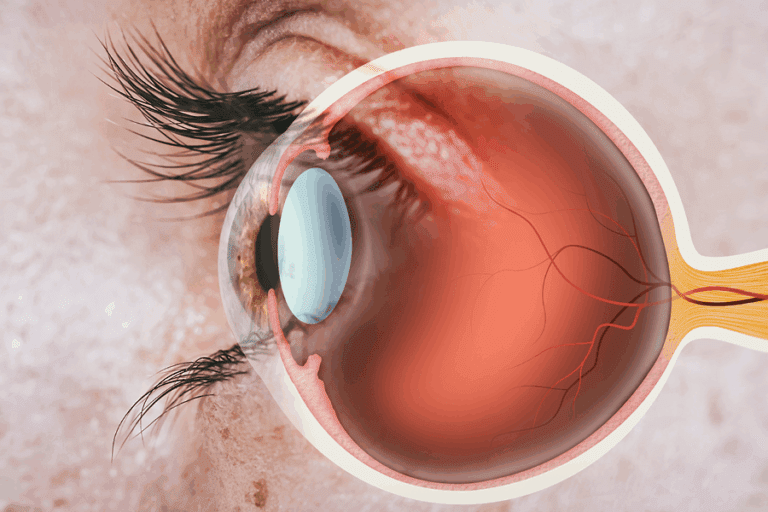Healthy smiles are as important to us as they are to our animal friends. We asked an animal sanctuary rescuer, Andrea, about her experience with farm dental care as the owner of Broken Shovels Farm. Take a peek into the world of farm animal dental care with us!
A SHEEP WITHOUT TEETH
A malnourished mother sheep was rescued and her baby would continuously cry even when at her side. Animals are generally very content when their mom is around, so this was a sign that something was wrong. Andrea investigated and found that there was nothing wrong with the baby’s mouth – but the mother’s mouth only had a single tooth left!
The one tooth wasn’t enough for Mom to chew up grass for proper digestion, resulting in inability to produce milk. This is why the baby was crying. Andrea understands the importance of animal mouth wellness and recognized what was happening. Soft alfalfa, grasses, and other goodies were pelleted into soft, small bites that let Mom break down her food more easily to get the nutrients needed. Within 24 hours of serving the new feed, the sheep was producing milk and feeding her baby.
ANATOMY
Sheep, cows, goats, alpacas, and llamas have specially structured mouths that allow them to get nutrients. These animals are called ruminants. Ruminants are fascinating mammals because they get all the nutrients they need from a plant-based diet.
Cows, sheep, goats, and alpacas are able to break down grasses using their lower teeth and their dental pad. This pad makes up a stiff surface on top of their mouths and lets them clip grasses into their mouths with efficiency. Imagine how hard it would be to clip grass with human teeth!
By mashing food between their bottom incisors and the dental pad, ruminants create a mushy consistency with their food. The food then moves into their first stomach, which is called the rumen. After moving through their other stomachs, the animal absorbs the nutrients for energy.
Because cows, sheep, and goats are constantly grazing and chewing, their teeth naturally wear down. This is important because ruminants’ teeth never stop growing! This makes sense; unlike us, they graze all day long. Their constantly growing teeth and grazing habits work together to give them a healthy mouth and diet.
ALPACAS WITH TOO MUCH TOOTH
Andrea also rescued two alpacas who hadn’t been fed properly in years. Because of this, they weren’t doing their normal chewing, so their teeth were growing without wearing down. When they were rescued, their teeth had grown so long that they came out of their mouth and poked them in their noses!
Though it wasn’t dangerous to the alpacas, it was uncomfortable and looked quite alarming. The alpacas are now healthy enough to get oral surgery after a month of thoughtful care. Since they’re properly cared for at the sanctuary, the issue shouldn’t come back.
OLDER ANIMAL DENTAL CARE
If ruminants’ teeth need more love, a veterinarian will come by the farm and do some “floating.” When floating, a vet will use a file or clipper to remove pointed edges and uneven points, which can make it uncomfortable or difficult for the animal to chew. This process may sound excruciating, but they don’t have nerves in their teeth like we do. It’s like going to the nail salon for them!
For the most part, farm animals are herbivores. This has caused them to develop a different mouth structure and digestion system than humans. Since farm animals don’t eat meat, they don’t worry about gingivitis and gum disease like we do.
Animals like goats and cows are becoming more popular as pets. Because of that, it’s more important than ever to know how to keep their mouths and bodies healthy!




